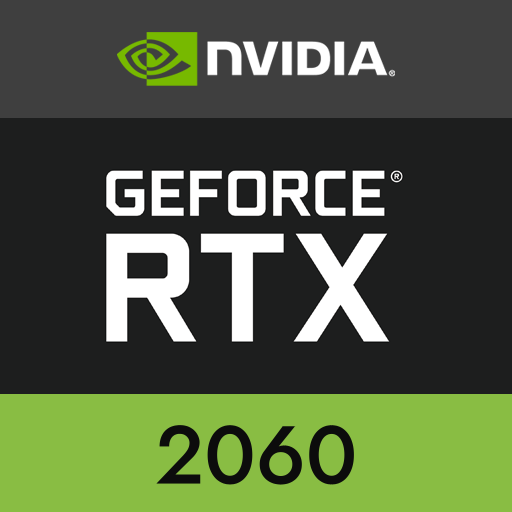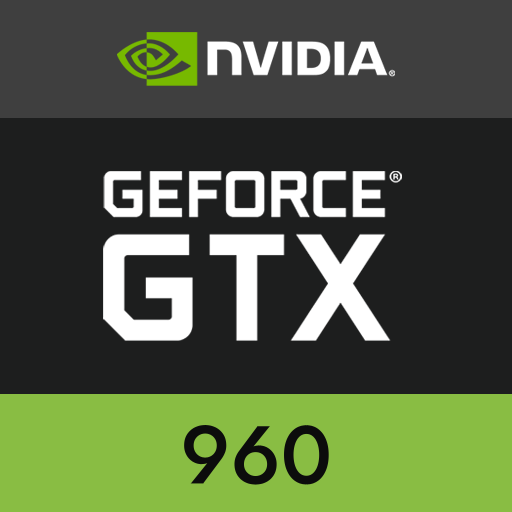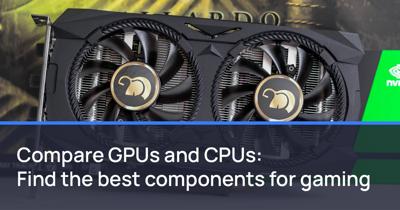GeForce RTX 2060 vs GeForce GTX 960 specs and performance
For gaming, the GeForce RTX 2060 graphics card is better than the GeForce GTX 960 in our tests.
The GeForce RTX 2060 has a slightly higher core clock speed. This is the frequency at which the graphics core is running at. While not necessarily an indicator of overall performance, this metric can be useful when comparing two GPUs based on the same architecture. In addition, the GeForce RTX 2060 also has a slightly higher boost clock speed. The boost clock speed is the frequency that the GPU core can reach if the temperature is low enough. The allows for higher performance in certain scenarios.
Furthermore, the spec sheet for both these GPUs show that the GeForce RTX 2060 has significantly more memory with 6 GiB of memory compared to 4 GiB. If you're planning at playing games at high resolutions with high-quality textures, you will need a lot of memory.
In addition, the GeForce GTX 960 has a slightly lower TDP at 120 W when compared to the GeForce RTX 2060 at 160 W. Heat output doesn't match power consumption directly but, it's a good estimate.
In conclusion, all specs and GPU benchmarks considered, will recommend the GeForce RTX 2060 over the GeForce GTX 960.





















No comments yet! Be the first to leave a comment using the form below.